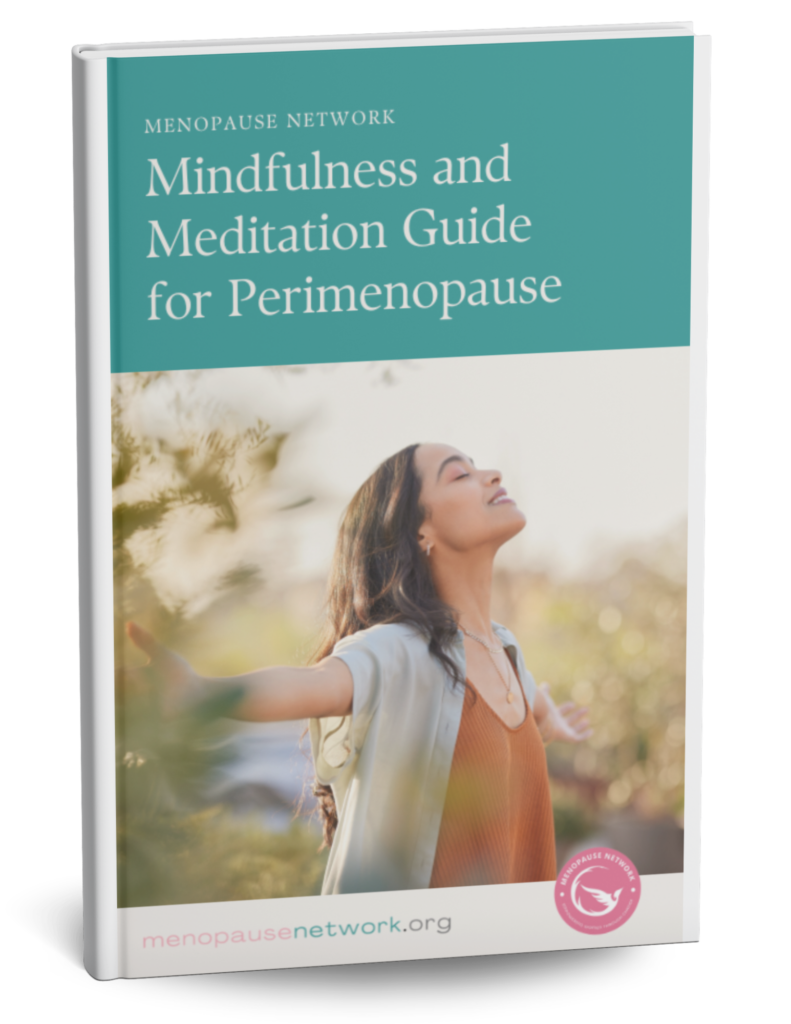Press Pause: The 10-Minute Meditation Routine Every Midlife Woman Needs
Let’s get real—midlife isn’t a breeze. Between hot flashes, mood swings, and suddenly forgetting why you walked into a room (again), your brain and body are in full-on transformation mode. But what if just 10 minutes a day could help you feel more centered, energized, and less reactive?
Spoiler alert: It can.
Welcome to your new favorite daily habit—a 10-minute meditation routine tailor-made for midlife women. No incense, chanting, or lotus poses required—just a few quiet minutes that can help reduce cortisol, improve focus, and give your hormones a much-needed hug.
Why Meditation Is a Midlife Must
By the time you hit perimenopause or menopause, your brain chemistry is shifting alongside your hormones. Estrogen and progesterone—two of your hormonal heavy-hitters—play a role in mood regulation, sleep, and even memory. When they start to drop, anxiety, brain fog, and emotional overwhelm can show up uninvited.
That’s where meditation shines.
Studies show that mindfulness meditation can:
- Lower stress hormones like cortisol
- Improve sleep quality
- Ease symptoms of anxiety and depression
- Enhance memory and focus
- Support better emotional regulation (1, 2)
Think of it as a mental tune-up for your changing body.
Your 10-Minute Midlife Meditation Routine
This routine blends mindfulness and breathwork—two of the most researched tools in meditation—with specific tweaks to meet the needs of women navigating hormonal transitions.
🔟 Minute Breakdown:
Minute 0-1: Get Grounded
Sit comfortably—on a cushion, a chair, or even in bed. Place your hands on your thighs or your belly. Feel your body. Feel your breath. Just be.
Pro Tip: If your mind races, that’s okay. This isn’t about being Zen; it’s about noticing.
Minute 1-3: Box Breathing
Inhale for 4 seconds → Hold for 4 → Exhale for 4 → Hold for 4. Repeat. This calms the nervous system fast and reduces cortisol levels.
Why it works: Slows the heart rate and brings your body into a rest-and-digest state.
Minute 3-6: Affirmation Anchoring
Silently repeat a phrase like:
“I am calm. I am strong. I am enough.”
Or pick one that speaks to you—something that feels like a hug from your future self.
Minute 6-9: Body Scan
Gently scan your body from head to toe. Notice any tension. Soften your jaw. Unclench your shoulders. Breathe into tight spots.
Bonus: This helps you reconnect with your body—especially when you feel like it’s betraying you.
Minute 9-10: Intentional Ending
Ask yourself: How do I want to feel today?
Set a soft intention, like: “Today, I’ll give myself grace.”
Then open your eyes slowly—and notice how the world feels just a little lighter.
Tips to Make It Stick
- Pair it with coffee. Meditate right before or after your morning cup.
- Keep it tech-free. Use a timer instead of your phone to avoid distraction.
- Track your wins. Jot down how you feel afterward. The tiny shifts add up.
The Bottom Line
Midlife can be messy, magical, and, yes—completely overwhelming. But with just 10 minutes of daily meditation, you can take back a bit of control, create space for calm, and show your nervous system a little love.
Because you’re not just surviving this phase—you’re redefining it.

Find Your Calm
The Ultimate Mindfulness & Meditation Guide for Navigating Perimenopause with Ease
Discover How to Embrace Inner Peace and Balance Through Your Perimenopause Journey with Our Expert-Designed Guide—Absolutely Free
References
- Goyal, M., Singh, S., Sibinga, E. M. S., Gould, N. F., Rowland-Seymour, A., Sharma, R., … & Haythornthwaite, J. A. (2014). Meditation programs for psychological stress and well-being: A systematic review and meta-analysis. JAMA Internal Medicine, 174(3), 357–368. https://doi.org/10.1001/jamainternmed.2013.13018
- Hoge, E. A., Bui, E., Marques, L., Metcalf, C. A., Morris, L. K., Robinaugh, D. J., … & Simon, N. M. (2013). Randomized controlled trial of mindfulness meditation for generalized anxiety disorder: Effects on anxiety and stress reactivity. The Journal of Clinical Psychiatry, 74(8), 786–792. https://doi.org/10.4088/JCP.12m08083






